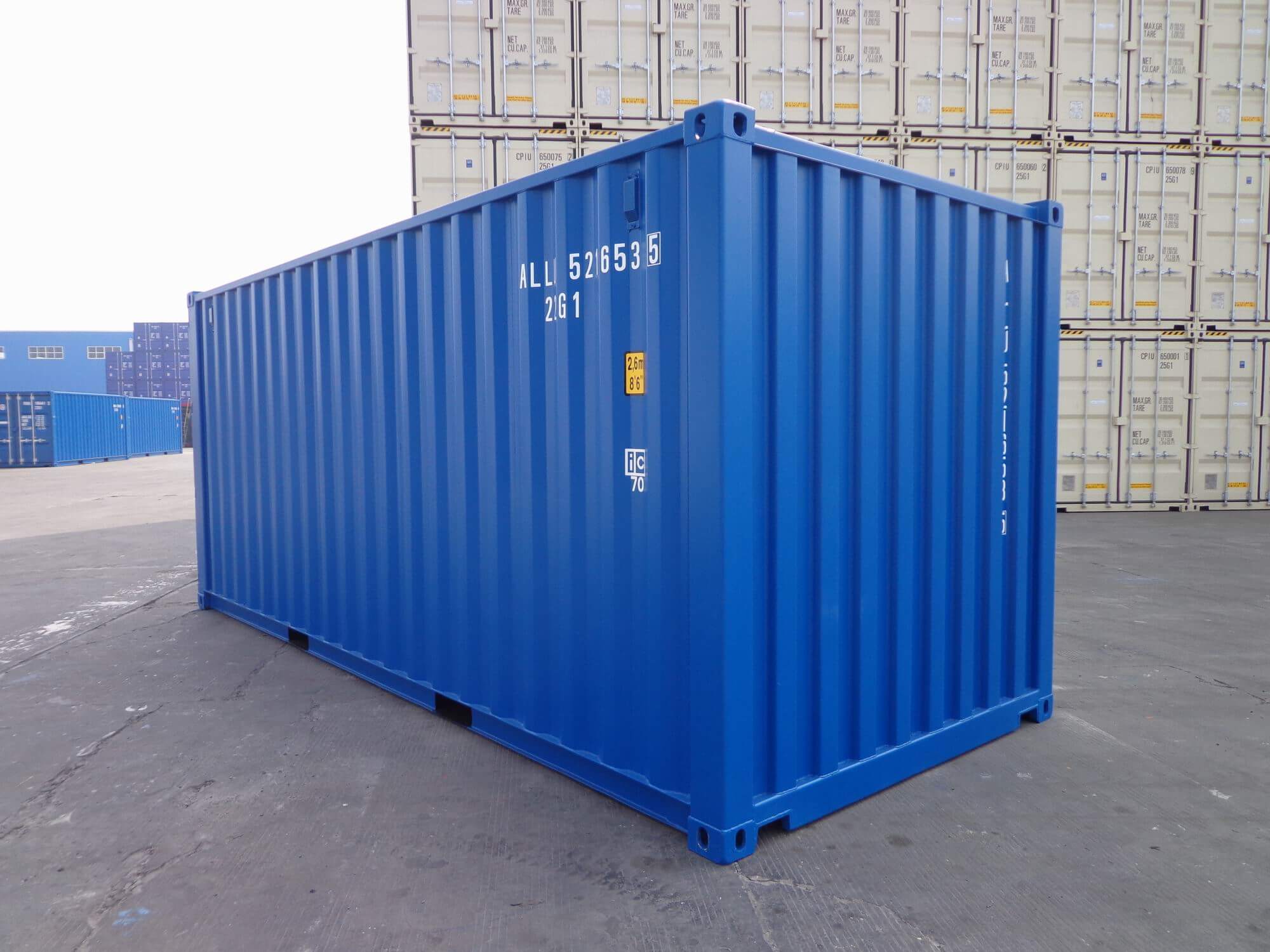Decentralized exchange protocols have gained significant attention in recent years due to their potential to revolutionize the way we trade and exchange digital assets. As traditional centralized exchanges face security risks, lack of transparency, and a single point of failure, decentralized exchanges offer a viable alternative. In this article, we will explore the importance of decentralized exchange protocols and delve into the world of decentralized exchange development.
Enhanced Security
Decentralized exchange protocols prioritize security by eliminating the need for a central authority to control users’ funds. With centralized exchanges, users have to trust a third party with their assets, leaving them vulnerable to hacks and theft. Decentralized exchanges, on the other hand, leverage blockchain technology and smart contracts to enable peer-to-peer trading, ensuring that users have full control over their funds at all times. By removing the central point of attack, decentralized exchange protocols significantly reduce the risk of security breaches.
Transparency and Trust
One of the key advantages of decentralized exchange protocols is their transparent nature. Traditional exchanges often lack transparency, with users having limited visibility into the inner workings of the platform. In contrast, decentralized exchanges operate on public blockchains, allowing anyone to audit the smart contracts and transaction history. This transparency builds trust among users, as they can verify the fairness and integrity of the exchange. Moreover, decentralized exchange development allows for the creation of trustless platforms, eliminating the need for intermediaries and facilitating direct peer-to-peer transactions.
Liquidity and Accessibility
Decentralized exchanges face the challenge of liquidity when compared to their centralized counterparts. However, decentralized exchange protocols have made significant progress in improving liquidity by enabling the pooling of liquidity from multiple sources. With decentralized finance (DeFi) gaining momentum, more users are participating in liquidity pools, thereby increasing the availability of assets for trading. Decentralized exchange development aims to bridge the liquidity gap further, attracting a larger user base and making trading accessible to individuals who were previously excluded from the traditional financial system.
Eliminating Censorship and Geographic Restrictions
Centralized exchanges are subject to regulations and can impose restrictions on users based on their geographical location. Decentralized exchange protocols, by design, eliminate these restrictions and allow for borderless trading. Through the use of smart contracts, decentralized exchanges enable individuals worldwide to engage in peer-to-peer transactions without any intermediaries or the risk of censorship. This inclusivity fosters financial empowerment and opens up new opportunities for users globally.
Innovation and Community Governance
Decentralized exchange protocols empower the community by allowing token holders to participate in governance and decision-making processes. Through decentralized autonomous organizations (DAOs) and governance tokens, users have a say in the development, improvement, and direction of the exchange. This democratic approach not only promotes innovation but also aligns the interests of the platform with those of its users. Decentralized exchange development fosters a collaborative ecosystem where ideas and feedback from the community play a vital role in shaping the future of the exchange.
Conclusion
Decentralized exchange protocols have emerged as a disruptive force in the financial landscape, offering increased security, transparency, liquidity, and accessibility. Decentralized exchange development has the potential to reshape the way we trade and interact with digital assets, providing individuals with greater control over their funds and fostering a more inclusive financial system. As the blockchain industry continues to evolve, decentralized exchanges are poised to play a pivotal role in driving the adoption of decentralized finance and revolutionizing the way we exchange value.






